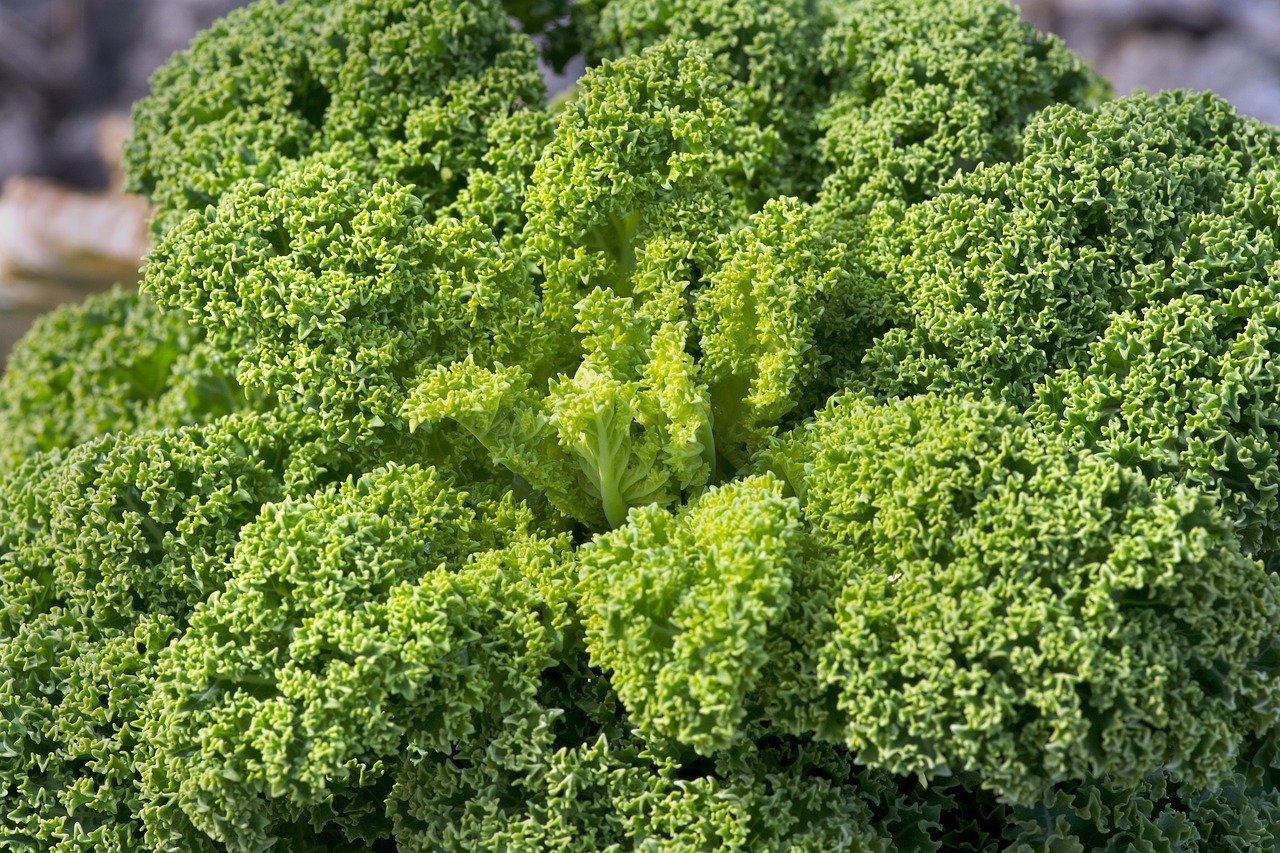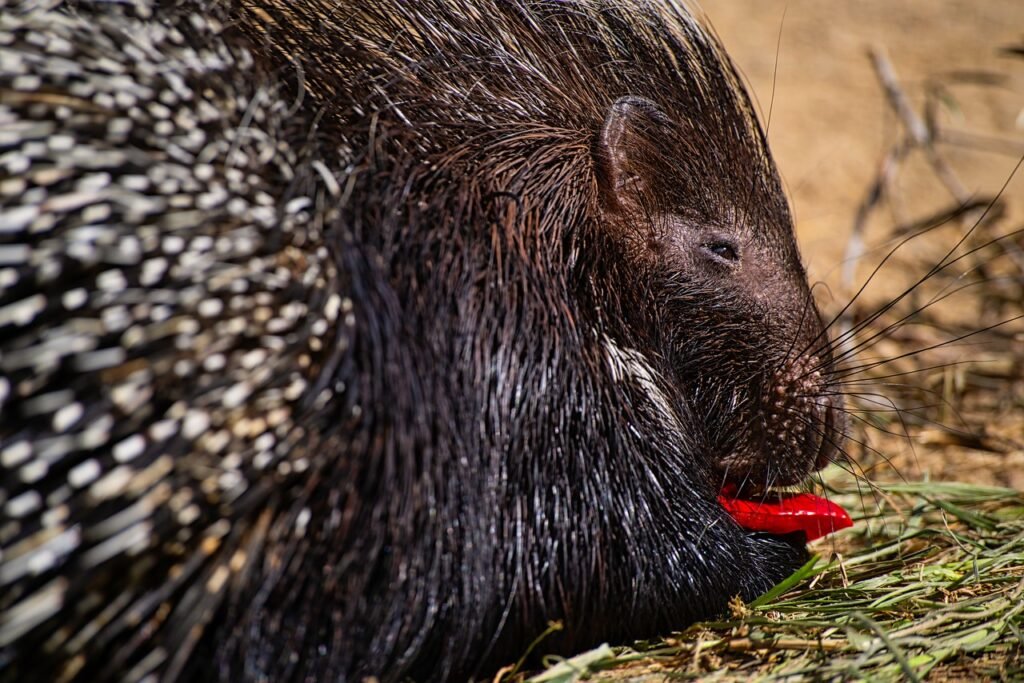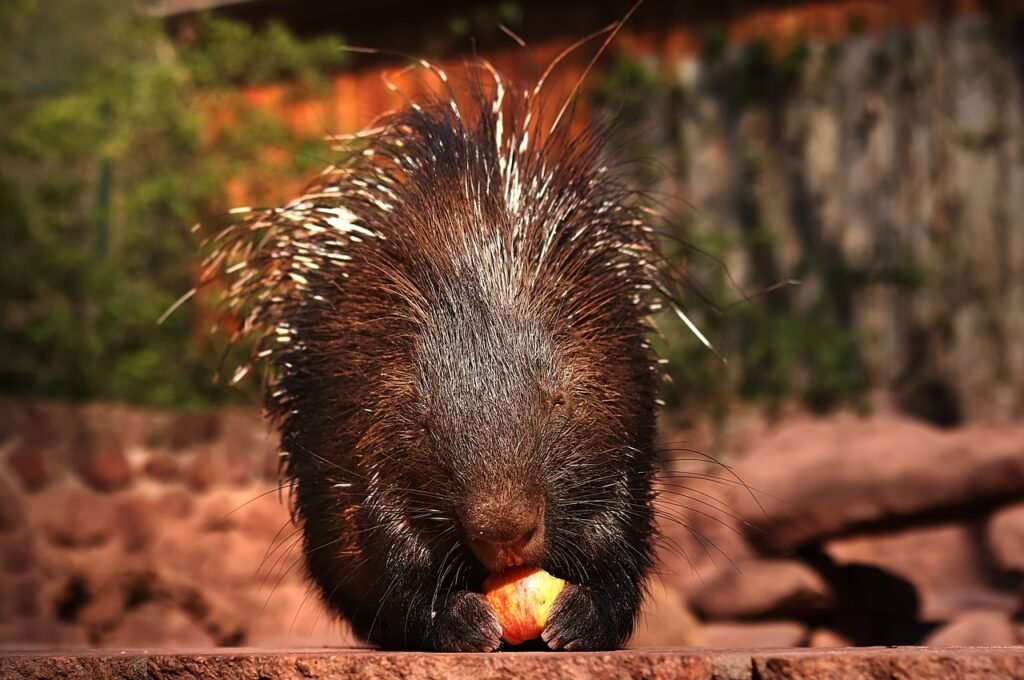Ensuring a well-balanced and nutritious diet for your porcupine involves incorporating a variety of quill-friendly greens. Vegetables play a crucial role in providing essential vitamins and minerals that contribute to the overall health and vitality of your quilled companion. In this guide, we explore the world of vegetables suitable for porcupines, offering insights into how to create a delightful and nutritionally rich menu for your porcupine friend.
Understanding Porcupine Dietary Needs:
Before diving into the vegetable variety, it’s essential to understand the nutritional needs of porcupines:
1. Herbivorous Habits:
- Porcupines are herbivores, meaning their diet primarily consists of plant material. Incorporating a variety of vegetables mimics their natural dietary preferences.
2. Fiber for Digestive Health:
- High-fiber vegetables are crucial for maintaining digestive health in porcupines. Fiber aids in proper digestion and prevents gastrointestinal issues.
3. Vitamin and Mineral Requirements:
- Vegetables provide essential vitamins and minerals necessary for overall well-being. A diverse vegetable intake ensures a balanced nutritional profile.
Quill-Friendly Vegetable Options:
1. Leafy Greens:
- Kale, Spinach, and Collard Greens: These leafy greens are rich in vitamins A, C, and K. They provide essential nutrients while adding texture and flavor to your porcupine’s diet.
2. Cruciferous Delights:
- Broccoli and Cauliflower: These vegetables offer a mix of fiber, vitamins, and antioxidants. Chop them into bite-sized pieces for your porcupine to enjoy.
3. Colorful Capsicums:
- Bell Peppers: Rich in vitamin C, bell peppers come in various colors, adding vibrancy and nutritional diversity to your porcupine’s meals.
4. Root Vegetables:
- Carrots and Sweet Potatoes: These root vegetables are a good source of beta-carotene and fiber. Grated or sliced, they make excellent additions to your porcupine’s menu.
5. Zucchini and Squash:
- Zucchini and Butternut Squash: Low in calories and high in fiber, these vegetables offer a tasty and nutritious option for your porcupine’s diet.
6. Leafy Herbs:
- Parsley, Cilantro, and Basil: Fresh herbs not only enhance flavor but also provide additional nutrients. Consider adding small amounts as a flavorful treat.
Feeding Guidelines:
1. Variety is Key:
- Offer a diverse selection of vegetables to ensure your porcupine receives a range of nutrients. Rotate options to keep meals interesting.
2. Fresh and Clean:
- Provide fresh vegetables and ensure they are thoroughly washed to remove any pesticides or contaminants. Freshness contributes to both taste and nutritional value.
3. Proper Portions:
- Pay attention to portion sizes to prevent overfeeding. Moderation is crucial to maintaining a healthy weight for your porcupine.
4. Monitor Preferences:
- Observe your porcupine’s preferences for different vegetables. While they may have general preferences, individual tastes can vary.
5. Introduction Gradually:
- Introduce new vegetables gradually to allow your porcupine to adjust to different flavors and textures. Sudden dietary changes can be disruptive.
Nourishing Quills with Greens
Incorporating vegetables into your porcupine’s diet is a delightful way to provide a nutritionally rich and balanced menu. By understanding their herbivorous habits and introducing a variety of quill-friendly greens, you contribute to their overall health and happiness. Tailor their vegetable intake to meet their dietary needs while considering their individual preferences. Nourishing your porcupine with a colorful and diverse array of vegetables ensures that every bite is a quill-friendly delight.



